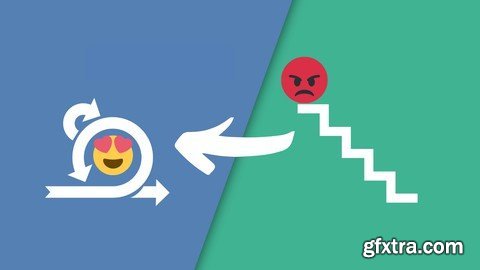
What you'll learn Moving or migrating or transition from traditional to agile methodologies (frameworks) Evidences of successful migration Differences in project management: Agile vs. Waterfall Habits do you need to watch out for if you have been trained and are used to working in these more traditional environments Why traditional project management techniques are still so prevalent in digital and software creation? Differences between how traditional project management would suggest you compose and maintain your teams versus agile What are going to be the rewards for traditional project managers, which came into an agile project Similarities — the Traditional World and the Agile World Characteristics of a project manager who is going to be successful with agile Productive thinking and advice about agile as a product management methodology versus traditional Challenges for a modern organization that are trying to approach innovation in a systematic way What is The State of Agility? TIPS to Manage a Transition from Waterfall to Agile TIPS for transitioning Clients to an Agile Process 4 Ways to Ease the Transition from Waterfall to Agile TIPS to Increase Agility in your organization How to Choose the Right Agile Framework? Requirements There are no pre-requisites for this course. I explain everything from the ground up Description Let’s say that you start working as a Scrum Master or Agile Coach in a new company and your first job would be moving your company from traditional to agile software development methodologies. In this course, we will talk about that so you can have a clearer picture and exact steps on how to do Transition from Waterfall to Agile because making the change to the Scrum Framework is not simple. Many organizations have tried and failed. We do not need to reinvent the wheel, there are patterns for success that should be leveraged. So, I’ve outlined these patterns that have led to success as well as pointed out some of the common traps that others have fallen into. Though there is no one perfect pattern, by following these guidelines and running small experiments, you too can successfully navigate the change from what you are doing today to success with Agile and Scrum. Course content: Lesson 01: Introduction to module Lesson 02: We need evidence of success – A Case Study Lesson 03: Differences in project management - Agile vs. Waterfall Lesson 04: Habits from traditional environments you need to watch out for Lesson 05: Why traditional project management techniques are still so prevalent Lesson 06: Differences between traditional and agile on how to maintain your teams Lesson 07: Rewards for traditional Project Managers working with Agile projects Lesson 08: SIMILARITIES - the Traditional World and the Agile Lesson 09: Project manager characteristics who is going to be successful with agile Lesson 10: Productive thinking, advances, and challenges about agile Lesson 11: The State of Agility - Benefits of organizational Agility Lesson 12: TIPS to Manage a Transition from Waterfall to Agile Lesson 13: TIPS for transitioning Clients to an Agile Process Lesson 14: 4 Ways to Ease the Transition from Waterfall to Agile Lesson 15: TIPS to Increase Agility in your organization Lesson 16: How to Choose the Right Agile Framework Lesson 17: Conclusion Are you ready, let’s go? Who this course is for: People who got their first Scrum job and don't know where to start People who want to learn quickly about Scrum, Agile and Software development Senior executives who wish to actively promote agile concepts across business teams and to link those concepts directly to business-related outcomes People who want to learn why Agile is important Scrum Masters and Agile Coaches
Top Rated News
- Sean Archer
- AwTeaches
- Learn Squared
- PhotoWhoa
- Houdini-Course
- Photigy
- August Dering Photography
- StudioGuti
- Creatoom
- Creature Art Teacher
- Creator Foundry
- Patreon Collections
- Udemy - Turkce
- BigFilms
- Jerry Ghionis
- ACIDBITE
- BigMediumSmall
- Boom Library
- Globe Plants
- Unleashed Education
- The School of Photography
- Visual Education
- LeartesStudios - Cosmos
- All Veer Fancy Collection!
- All OJO Images
- All ZZVe Vectors




